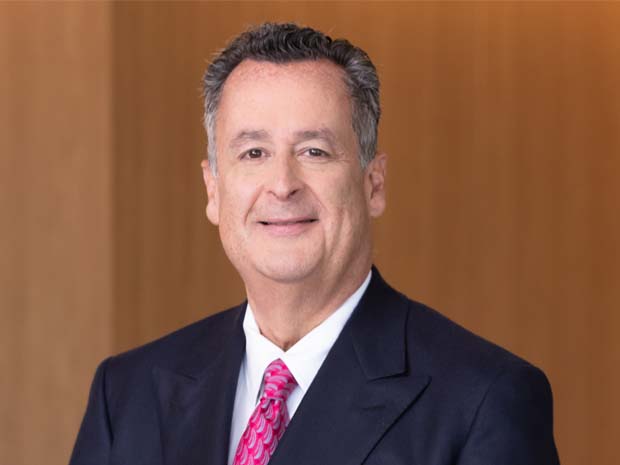Fostering business investment in productivity-enhancing areas such as software, machinery, computers and intellectual property was a primary impetus for the 2017 Tax Cuts and Jobs Act (TCJA). Our recent data finds that while a plurality of middle market businesses are willing to increase the overall pace of investment in capital expenditures, the majority are not currently planning to increase the dollar volume of their investment over the next three years.
This reluctance may be due, in part, to a lack of understanding on how certain provisions of the TCJA could benefit their companies and provide opportunities to accelerate capital expenditures.
With respect to the TCJA’s impact on growth, 58 percent of executives polled in the second-quarter 2018 proprietary RSM US Middle Market Business Index (MMBI) say the legislation will have a moderate or strong impact on overall growth conditions, while slightly less, 52 percent, expect the changes to improve their after-tax cash flows.
Of the middle market leaders expecting the changes to improve their after-tax cash flows, 71 percent report that increasing capital investments is a priority. Yet when the full group of middle market executives surveyed are asked about increasing capital investments in the future as a result of the expensing provisions enacted as part of TCJA, only 38 percent expect to increase outlays over the next three years. Of those, 52.3 percent are pulling forward plans to make capital expenditures, while 47.7 percent expect to increase outlays that would not have happened prior to the passage of the TCJA.
The responses are consistent with other MMBI survey data from special questions on capital expenditures in fourth quarter 2017, which suggest the middle market is somewhat risk averse to capital investment. This sentiment may be related to the broader technological dynamics at play in the economy. Technology investments may be beyond the reach of some businesses, too expensive for others or not yet applicable to the majority in the middle market. Only 44 percent of executives polled in the second quarter MMBI state they increased outlays on capital expenditures, tracking above the six-quarter moving average of 40.5 percent.
Another interesting set of responses that could impact the broader tax discussion: While 75 percent of executives say tax simplification is important or very important, only 52 percent indicate that the guiding principle of tax policy should be enhancing efficiency. Forty-eight percent indicate the guiding principle should be fairness, even if it results in more complexity. These findings imply that the middle market may be in the process of an attitudinal shift on taxes and inequality, which likely carries important policy and political implications.
Middle market views on growth conditions and select tax features are of note to policymakers for a number of reasons. For example, middle market executives appear to be less responsive to reductions in capital gains tax rates, with 56 percent indicating they would produce no impact or only a slight impact on firm growth, versus 44 percent stating they would positively impact growth. This may be driven by the fact that the majority of respondents’ firms are structured as sole proprietorships, partnerships, S corporations or limited liability corporations, with the earnings taxed on the owner’s personal returns.
Lower interest rates would not spur an increase in borrowing for these businesses. This is not surprising, since most middle market businesses self-fund. Thus, the 52 percent that state lower rates would not alter borrowing, versus the 48 percent that say they would, is consistent with our survey findings on borrowing conditions and what our client base has communicated to us over the years.
Similarly, because most middle market businesses do not carry debt, a greater ability to deduct interest debt was not a priority for survey respondents, with 59 percent stating it would have no impact or only a slight impact, versus the 41 percent who state it would.
Modest majorities favored the opportunity to expense or accelerate depreciation or further reductions in the personal income tax, with 46 percent favoring the former and 54 percent favoring the latter. Fifty-four percent state that lower operating income taxes would create better growth conditions. Not surprisingly, 54 percent state that further reductions in the corporate tax rate would improve growth conditions. Of the cohort familiar with the tax cut and expecting it to have a strong impact, 62 percent intends to increase hiring, 65 percent to increase compensation and 54 percent to give a one-time bonus or payment to labor. These findings are consistent with our survey data that indicate a lack of available labor as the number one issue facing middle market businesses. Of those in this cohort, about 75 percent states they would hire salaried or hourly workers, with only 22 percent indicating they would turn to temps.
As an aside, only one in four respondents indicate they are changing the structure of their business to a C corporation.
That said, 64 percent expects to increase investor returns, 72 percent sees improving corporate balance sheets through the reduction of debt or increased cash holdings, and as noted above, 71 percent intends to increase capital expenditures.
Of the plurality of executives who intend to increase capital expenditures, 55 percent intend to increase the purchase of computer hardware, 52 percent will purchase or upgrade machinery or equipment excluding computer hardware, 48 percent indicate a willingness to acquire new software and 49 percent say they will upgrade software.
About 50 percent of that cohort says they would increase merger activity, with 62 percent stating they would acquire another firm and 29 percent indicating they would merge with another firm.


